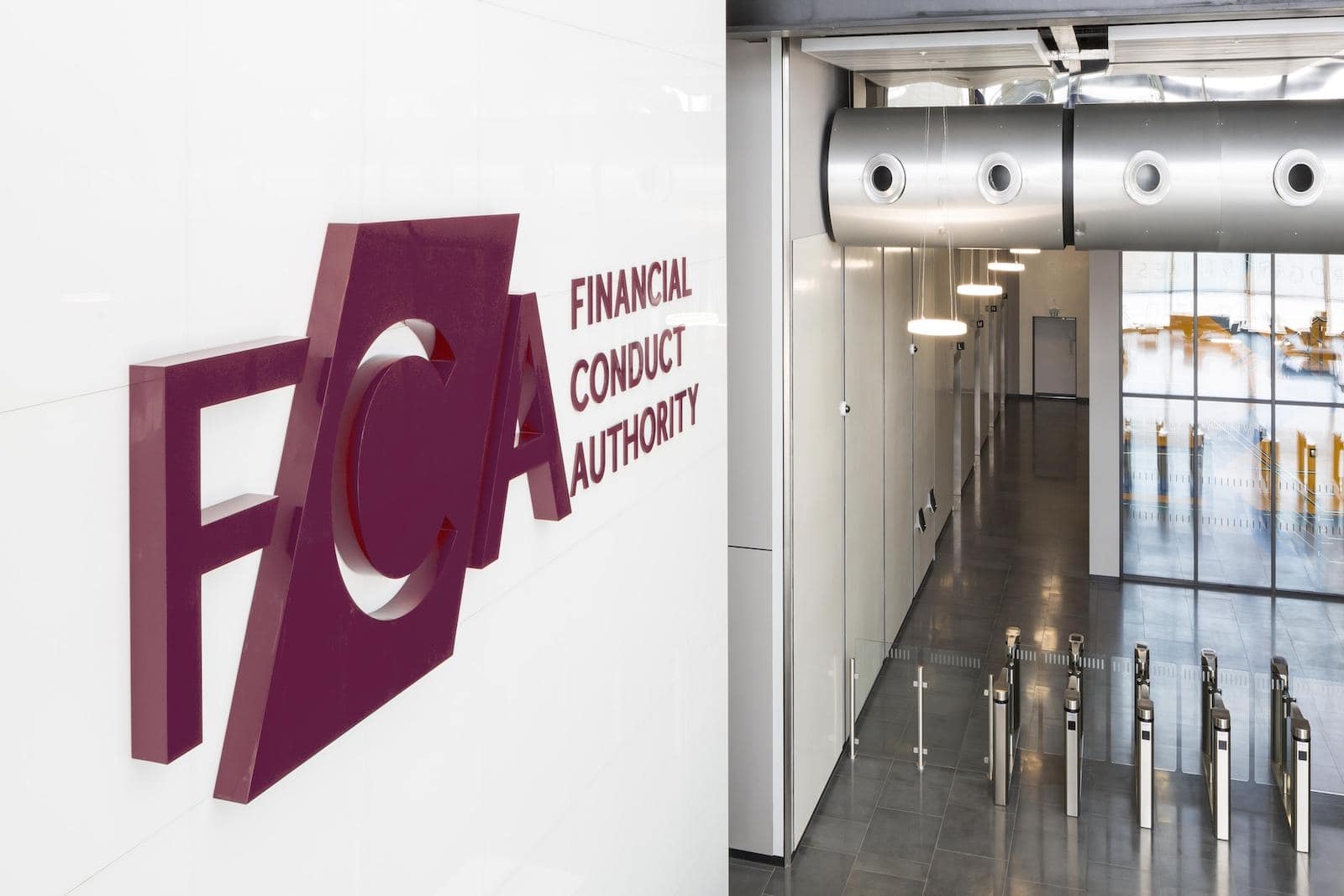The Financial Conduct Authority (FCA) has reported a significant increase in the use of buy now, pay later (BNPL) in the UK, with frequent users more likely to be in financial difficulty.
The latest data, as part of the FCA’s Financial Lives research, showed that 27% of UK adults – or approximately 14 million individuals – have used BNPL at least once in the six months prior to January 2023.
This is up from the 17% of adults who said they had used BNPL in the preceding 12 months in May 2022.
The research revealed that consumers who have used BNPL more than 10 times were twice as likely as those who have not used BNPL to also have a high-cost credit product, at 48% versus 22%.
Those same consumers who had used BNPL more than 10 times were also almost twice as likely to have increased the amount of debt on credit products over the last year at 51% compared to 27% among those who had not used BNPL, and were over four times as likely to have missed a payment of a bill or credit commitment in three of the past six months (27% versus 6%).
The latest data on the use of BNPL products came as the regulator secured contract changes to “potentially unfair and unclear contract terms” at two unregulated BNPL firms.
The FCA revealed it had been “concerned” that PayPal and QVC customers were at risk of harm because of how some of the contract terms were drafted, and used its powers under the Consumer Rights Act 2015 to secure changes.

Sheldon Mills, executive director, consumers and competition, FCA
The regulator confirmed that both firms voluntarily made their continuous payment authority terms easier to understand, and that PayPal has made terms relating to what happens when a consumer cancels the purchase funded by the loan “clearer and fairer”.
Sheldon Mills, executive director of consumers and competition at the FCA, said: “Our research shows a significant increase in the use of BNPL over the past year.
“When used appropriately, the product provides valuable benefits, but we want to ensure that consumers, particularly those in vulnerable circumstances, have adequate protections and are given sufficient information.”
Read more: Feature – Assessing the rise of BNPL in the UK as regulation looms










